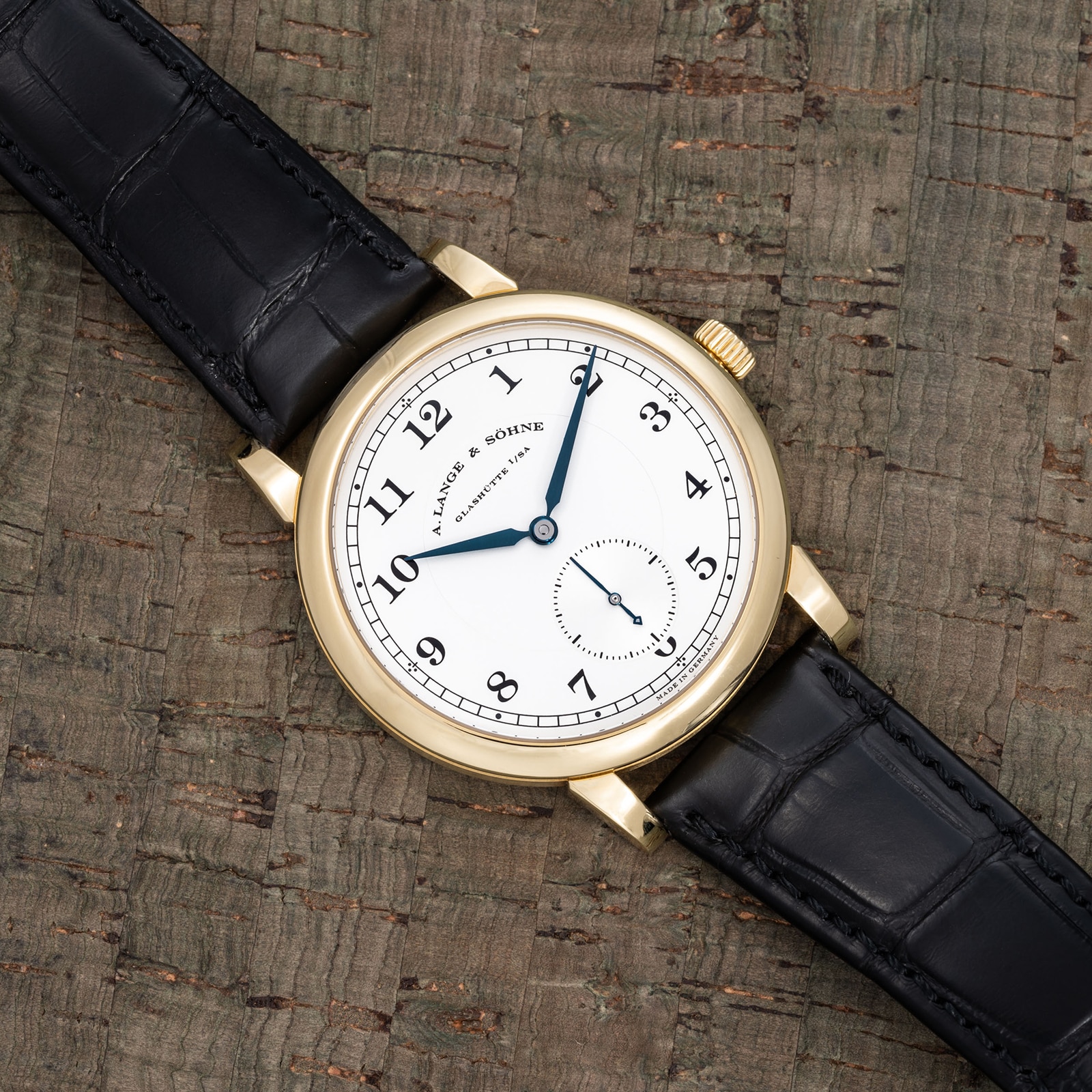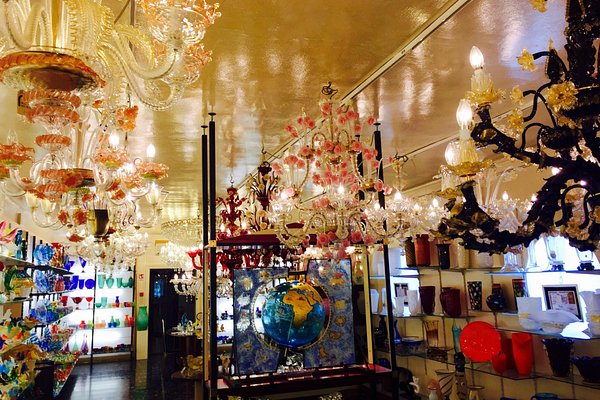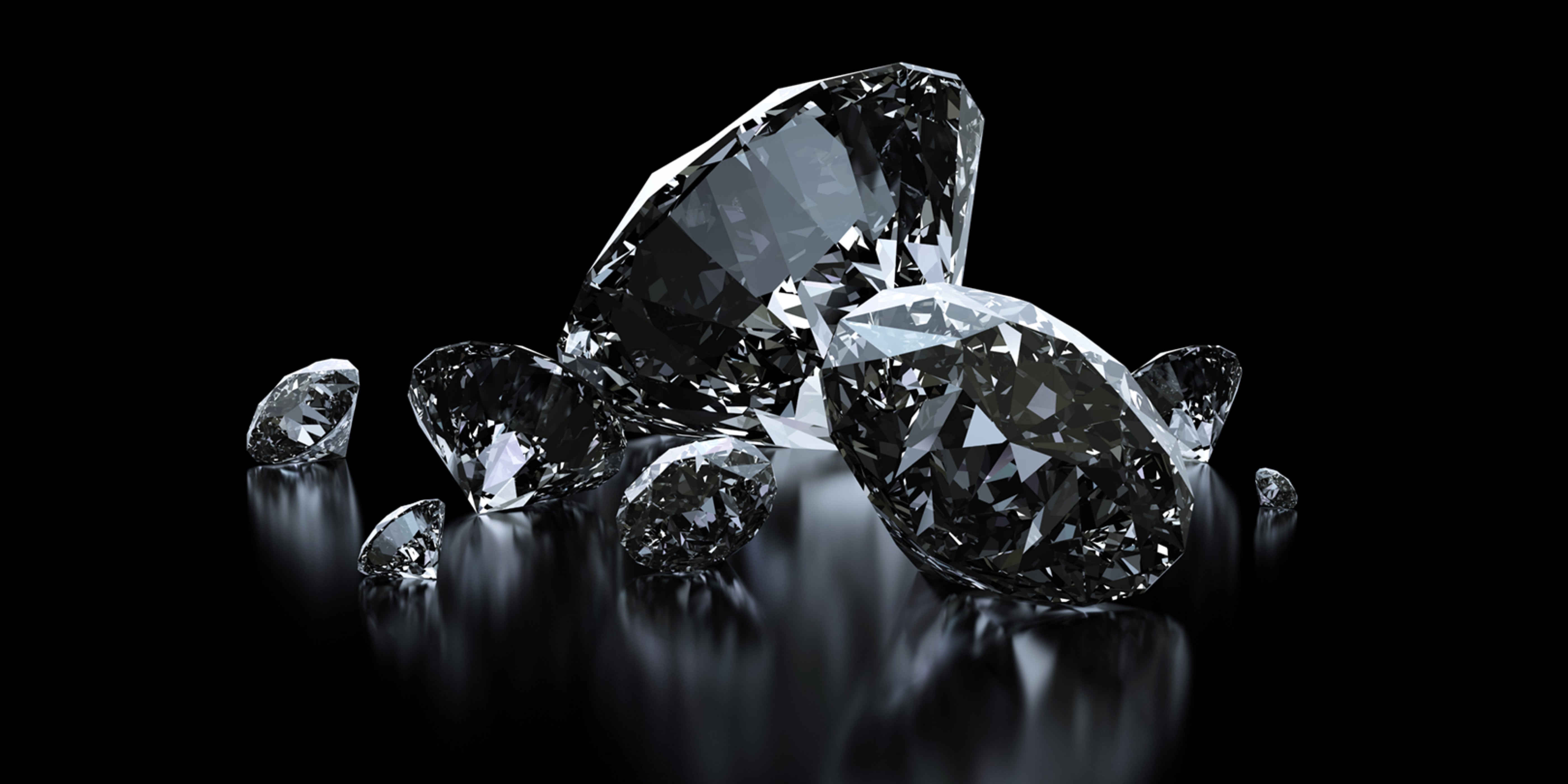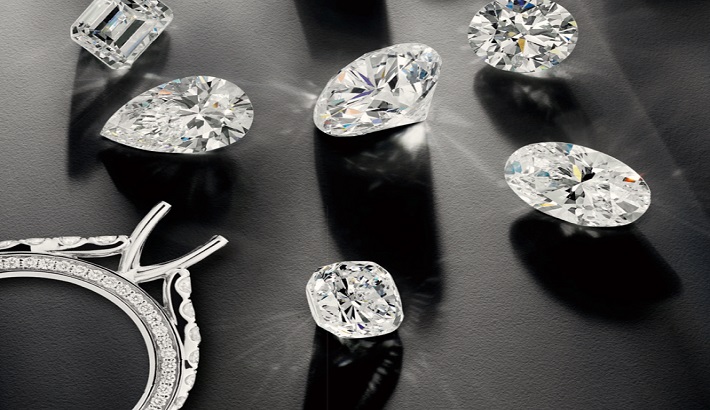What is a Lab Diamond?
Definition and Origin
Lab diamonds, or synthetic diamonds, are gems created in a controlled environment using advanced technological processes. Unlike natural diamonds, which form over billions of years under the Earth’s crust, lab diamonds can be produced in just a few weeks. These gems are chemically and physically identical to natural diamonds, making them a modern marvel in the jewelry world.
How Lab Diamonds are Created
The creation of lab diamonds typically involves two methods: High Pressure High Temperature (HPHT) and Chemical Vapor Deposition (CVD). HPHT replicates the intense pressure and temperature conditions of natural diamond formation, while CVD uses a carbon-rich gas to deposit layers of diamond onto a substrate. Both methods result in stunning, high-quality diamonds that are virtually indistinguishable from their natural counterparts.
Why Choose Lab Diamonds for Bracelets?
Environmental Impact
One of the major reasons people choose lab diamonds is their minimal environmental footprint. Traditional diamond mining often involves extensive excavation and can lead to significant ecological disruption. Lab diamonds, on the other hand, are produced with significantly less environmental impact, making them a more sustainable choice.
Cost-Effectiveness
Lab diamonds are generally more affordable than natural diamonds, offering a similar level of brilliance and quality at a lower price. This cost-effectiveness allows you to invest in a more elaborate or higher-quality bracelet without stretching your budget.
Ethical Considerations
Ethical concerns related to diamond mining, such as conflict diamonds and poor working conditions, have led many consumers to seek more responsible alternatives. Lab diamonds are free from these issues, providing peace of mind along with their beauty.
Different Types of Lab Diamond Bracelets
Classic Tennis Bracelets
Classic tennis bracelets are known for their continuous row of diamonds set in a single line. This timeless style is elegant and versatile, making it a popular choice for many occasions. Lab diamonds in tennis bracelets offer the same sparkle and sophistication as natural diamonds, enhancing their appeal.
Bangle Bracelets
Bangle bracelets are solid and usually come in a circular shape, often with diamonds embedded in the band. Lab diamond bangles can range from simple and sleek to ornate and detailed, providing options for every taste.
Cuff Bracelets
Cuff bracelets are open-ended, allowing for a more adjustable fit. Lab diamonds can be set in various designs on cuff bracelets, including single-stone settings or more elaborate patterns.
Open vs. Closed Cuffs
Open cuff bracelets feature an open design at the ends, making them easy to slip on and off. Closed cuffs, however, are fully enclosed, offering a more secure fit. Both styles can showcase lab diamonds beautifully, depending on your preference.
How to Choose the Perfect Lab Diamond Bracelet
Style and Design
When selecting a lab diamond bracelet, consider the style that best suits your personal taste and lifestyle. Classic designs are timeless, while contemporary styles might offer a unique twist on traditional elegance.
Metal Choices
Lab diamond bracelets can be crafted from various metals, including gold, platinum, and silver. Each metal offers different qualities in terms of durability and appearance. Gold and platinum are particularly popular choices for their classic appeal and strength.
Setting Types
The setting of a lab diamond affects how it is showcased and secured in the bracelet.
Prong vs. Bezel Setting
Prong settings lift the diamond slightly above the band, allowing more light to pass through and enhance its sparkle. Bezel settings encase the diamond in a metal rim, offering a sleek, secure look with a modern touch.
Caring for Your Lab Diamond Bracelet
Cleaning and Maintenance
Lab diamond bracelets are relatively low-maintenance but still require regular care. Cleaning them with a mild soap solution and a soft brush can help maintain their brilliance. Avoid harsh chemicals or abrasive materials that could damage the metal or stones.
Storing Your Bracelet
When not wearing your lab diamond bracelet, store it in a soft pouch or jewelry box to protect it from scratches and damage. Keeping your bracelet separate from other jewelry can prevent unnecessary wear and tear.
Popular Lab Diamond Bracelet Brands
Brand 1
One prominent brand in the lab diamond market is known for its high-quality craftsmanship and innovative designs. Their lab diamond bracelets offer a wide range of styles and settings, catering to various tastes and budgets.
Brand 2
Another reputable brand provides exquisite lab diamond bracelets with a focus on ethical sourcing and sustainability. Their collection features both classic and contemporary designs, ensuring there’s something for everyone.
Where to Buy Lab Diamond Bracelets
Online Retailers
Shopping online for lab diamond bracelets offers convenience and often a wider selection. Many online retailers provide detailed product descriptions and customer reviews to help you make an informed decision.
Physical Stores
Visiting a physical store allows you to see and feel the bracelet before purchasing. Many jewelers now offer lab diamond options, and their staff can provide personalized advice and assistance.
Conclusion
Lab diamond bracelets offer a perfect blend of beauty, ethical sourcing, and cost-effectiveness. Whether you’re drawn to the classic elegance of a tennis bracelet or the modern charm of a cuff, lab diamonds provide a stunning alternative to natural stones. Their versatility, coupled with their sustainable and ethical benefits, makes them an excellent choice for your next piece of jewelry.








